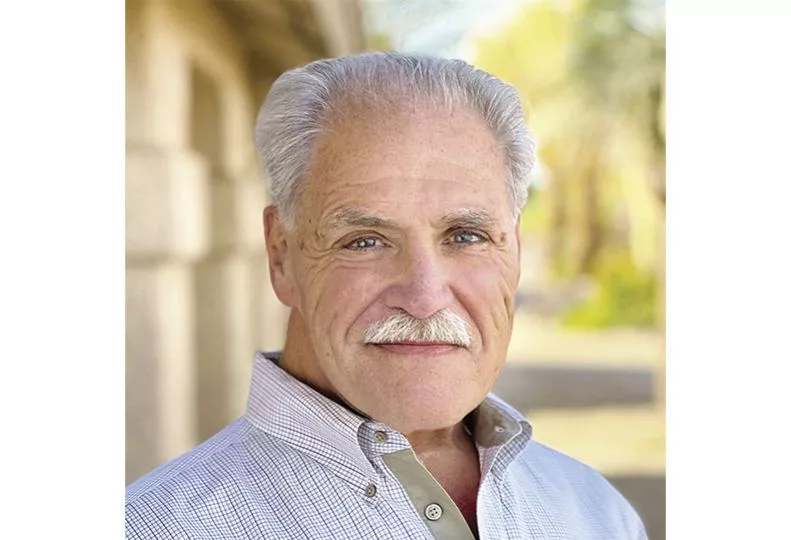DAFs can be flexible, efficient giving conduits
Important plan features should be considered when selecting provider

Michael Maehl is a retirement income specialist and Spokane-based senior vice president of Opus 111 Group LLC, a financial services company headquartered in Seattle. He can be reached at 509.944.1790.
Folks of a charitable bent are usually interested in how they can support the groups and organizations they want, while still being able to receive some benefit from having made their gifts.
While there is always the option of dealing directly with an entity, it’s been my experience in working with clients that there are definite advantages in using what is called a donor-advised fund as a conduit for those gifts.
A DAF could be described best as a charitable bank account that provides simple, flexible, and efficient ways to manage your charitable giving. The money or assets you place into this type of fund become an irrevocable transfer to a public charity, with the specific intent of funding charitable gifts. The public charity serves as the administrator of your DAF.
There are many fine DAF providers around the U.S. When you’re deciding which one to work with, you may want to consider how important the following features are to your planning.
For example, what types of assets are eligible to be contributed? In some cases, the best opportunity that you have to give is through the donation of illiquid assets, in other words, those assets that can’t be easily turned into cash.
Further, what investment choices are available to you? Will your contributions be pooled, meaning that the dollars you donate are pooled with other donors for investment purposes? Or can the dollars be separately managed in their own DAF investment account? Can or will your financial adviser be playing an ongoing role in providing investment services for your DAF?
Does the DAF place restrictions on grant distributions, such as geographic or religious restrictions? Is there a minimum annual distribution requirement that you, the donor, must give, or a maximum annual limit that restricts how much you want to give away? It’s not the same with all DAF providers.
A very important consideration is the flexibility of the provisions for succession upon your death. Can it only be you and your spouse? Or as the donor, can you name other successive advisers such as children or other individuals of your choice?
Does the program offer the ease of secure online access to your account?
Finally, are there set-up or termination fees? What’s the annual administrative fee? Are there hidden fees in the fine print, such as minimum account balance charges? Does the DAF organization require a certain portion of the fund to be set aside for its purposes? Most importantly, in the future, will they allow you to transfer the fund to another DAF administrator, or are your funds held permanently by the initial administrator?
Please contact your tax professional to determine the bottom-line benefit of any deductions taken within a DAF.
According to the IRS, you can be eligible for an up to 60% deduction on cash versus your adjusted gross income.
Your contribution to a charity may be deducted up to 50% of your AGI, which is computed without any regard to net operating loss. You generally may deduct the fair market value of property—other than cash. If the asset to be donated is appreciated, you may have to make some adjustments.
This 50% limit applies to all public charities, all private operating foundations, and certain private foundations.
A 30% deduction limit applies to private foundations other than those qualifying for the 50% limitation. Check with your tax pro for details.
All you need to do is make your cash or property donations before the close of your tax year to be deductible.
Four things make establishing a DAF for your charitable contributions a worthy consideration.
*Hassle-free setup: Initiate a donor-advised fund quickly without setup charges and avoid the potential complexities of other giving vehicles.
*Immediate tax benefits: Achieve your charitable goals and secure your highest available tax deductions upon contribution.
*Asset growth: Enjoy tax-free growth of assets within your DAF, growing your potential contribution over time.
*Legacy and family engagement: Start legacy conversations and involve your next generation in philanthropic planning, ensuring your values continue through time.
Michael Maehl is a retirement income specialist and Spokane-based senior vice president of Opus 111 Group LLC, a financial services company headquartered in Seattle. He can be reached at 509.944.1790.

_c.webp?t=1763626051)
_web.webp?t=1764835652)

